“There’s a lot of green shoots here–the NHS is in a much better place.”
As NHS Providers annual conference gets underway in Manchester, we spoke to chief executive Daniel Elkeles about next year’s merger with the NHS Confederation and the future of NHS trusts in England. He tells Alison Moore that providers are “well placed” to deliver the Ten-Year Plan—but warns an unhappy workforce and a lack of investment could throw big spanners in the works.
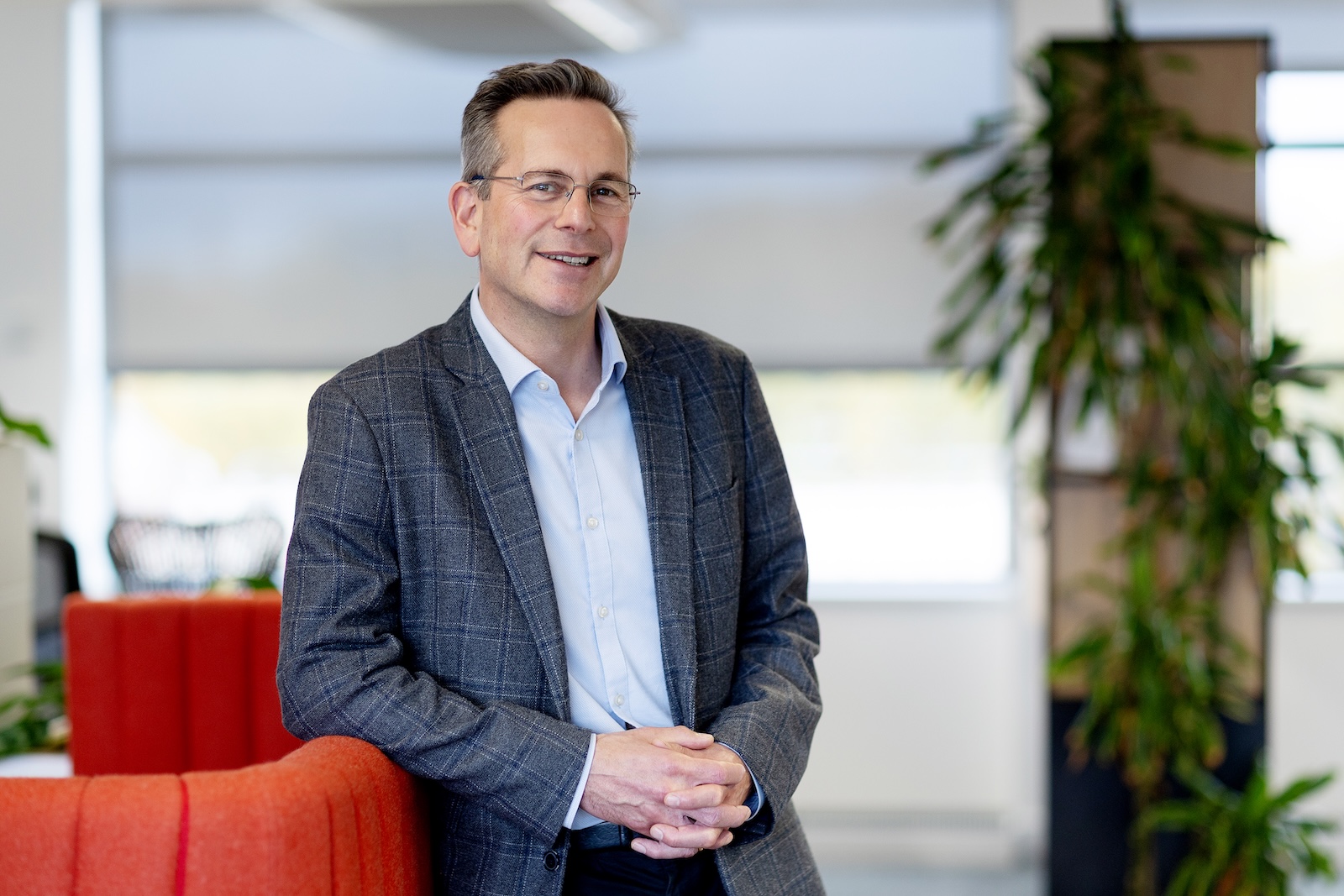
It’s easy for people working within the NHS to be pessimistic about the future: tight budgets for years to come, disruptive reorganisations and access targets which seem unrecoverable are just a few of the issues managers face as they enter what is expected to be another challenging winter.
But Daniel Elkeles, chief executive of NHS Providers is optimistic—even Tiggerish—about the slightly longer-term future. In particular, he sees reasons to be cheerful in the recently published annual survey of the organisation’s members.
“In general, people are saying we think the quality of healthcare we’re providing has gone up, more than half of providers say they will hit their financial plan and optimism is quite high,” he says. “There’s quite a lot of green shoots here and the NHS is feeling in a much better place to deliver on the aspirations of the Ten-Year Plan.”
Even productivity—seen by the government as the NHS’s Achilles heel and the key to unlock more funding—can be improved, he insists. “We have this amazing gift called artificial intelligence, which in everyone’s normal life we use all the time…but the NHS hardly uses any of it,” he says, pointing to what he sees as significant jumps in productivity where AI systems have been deployed. “But we’re going to need a really clear programme on how we do that and we do need some money up front,” he warns.
Elkeles suggests the NHS could leapfrog some technologies, as happened in parts of Africa where fixed telephone lines were never widely used and people moved straight to mobile phones. “There are all these technological jumps where you can avoid a huge amount of cost… the NHS is so far behind that the leap to get it to be modern is much less difficult than we imagined it,” he explains.
“You can do the maths”
While he concedes there is less money around than under the Labour government from 1997 to 2010, small amounts of investment can make a big difference in some areas, he says. “It’s possible to do this without pump priming—you can do the maths which says that if [you] close a ward and spend money in the community, you get payback in a year. But you can’t do that everywhere.”
So some money will be needed to make the three shifts, he argues. The Providers’ recent report on capital investment pointed to local authorities as the potentially the best additional source of capital for the NHS.
Placing NHS facilities in town centres can make a big difference to urban regeneration by boosting footfall, Elkeles explains. “If we could put a community diagnostic centre, a GP surgery, a child health clinic on every high street it would really be a big catalyst for growth… a lot of local authorities would say they could get the money to make this happen.”
But government rules limiting each department’s capital spending still get in the way of schemes which otherwise make sense, he warns. “This is not helping anyone. The public want to feel they live in a place which is prosperous, [where] they feel richer with lots of positive vibes… and here we are in the NHS able to create that. It’s not logical. It’s entirely within the government’s gift.”
“Permission” to innovate
There’s no lack of will to innovate in the NHS, he claims. Since he took the helm of NHS Providers in May, Elkeles has visited 30 organisations around the country, asking each to show him a service they’re proud of.
“What is totally extraordinary and wonderful is that everyone I have been to can show you something which is totally outside the box but which will deliver a bit of the Ten-Year Plan. What they’re doing is the three shifts in action,” he says.
“What you need to do is unleash the ability of people to do things. In the old regime, people who innovated did it despite the rules… I think the Ten-Year Plan is giving permission to create a framework which will make this all much easier.”
“People are really worried about their workforce”
But industrial action—a “big, big worry” for members, he says— could still be a fly in the ointment. “Every time there’s a week of industrial action the amount of effort that has to go into planning to keep patients safe, the amount of backfill and the opportunity cost of having to focus on that is massive.
“The survey is definitely showing that people are really worried about their workforce,” he continues. “We’ve got high levels of stress, of burnout… [and] sickness rates have not fallen.” Solving the NHS’s workforce problem will require “really mature conversations” with trade unions and the government “about what in reality is possible”, he says.
In the longer-term, he suggests that an AI-driven boost to productivity could lead to fewer but more highly paid staff—but admits reducing staffing levels would be difficult with more than seven million people on NHS waiting lists. The NHS must “get waiting times massively down” he says, which in turn will have a positive impact on economic growth.
Despite all the headaches they face, Elkeles insists senior managers remain passionate about the NHS. “These are really challenging difficult roles to do and given how complex and complicated it is we should be pretty admiring of the quality of leadership the NHS delivers,” he says.
So should the NHS be paying chief executives more for running such complex organisations? “How different is a train franchise coming back into the public sector to an NHS provider, how different are utility companies?” he replies.
“I think what you discover is that healthcare is paid a lot less than a whole heap of people in other industries where I am not convinced that the jobs are so very different in scale and complexity,” he says before adding quickly that evidence from another recent NHS Providers survey showed that managers are broadly satisfied with their pay.
Elkeles says the increased emphasis in recent years on providers working together means more clarity about the direction of travel for NHS organisations. How providers collaborate has already changed—horizontal and vertical integration and groups, for example—and this will continue, he explains, while stressing there is no single answer to what is the right configuration.
“Putting the incentives back”
But he’s hopeful that foundation trusts will get more autonomy. “When foundation trusts were at their best, they had less oversight and more ability to use their funds as they wished if they made surpluses,” he says. “It’s pretty clear that some of the oversight might not have been good as it should’ve been—and that lead to things like Mid Staffs.”
He doubts we will go back to “such a relaxed regime” but giving trusts back the freedom to spend their surpluses would be “really powerful”, he adds. “You want to put the incentive back—if you manage your resources well and you deliver good care, then there is an incentive to do something good for your organisation.”
He is much more sceptical about the government’s changes to public accountability in the NHS. With the removal of foundation trust governors and the abolition of Healthwatch, the NHS is losing “really valuable ways it can engage with the public, users and local authorities to gauge how we are doing and what their needs are,” he says.
The debate on accountability is not finished yet, he says—noting, for example, that everyone he has spoken to thinks staff governors are absolutely essential.
Advocating for the service
Closer to home, the merger of NHS Providers with the NHS Confederation means that all NHS organisations in England—commissioners and providers—will be represented by single body for the first time since 2011.
Who will lead the new merged body is not a done deal. Confed chief executive Matthew Taylor is standing down, but the top job at the merged organisation will be filled through an external competition, and Elkeles has already indicated that his hat will be in the ring. Much has yet to be decided, he says, but it’s likely that the new body will aim to be cheaper for members who previously belonged to both—that could mean a smaller staff.
Elkeles points out that members of both organisations were very clear they wanted one body to represent them and influence government—something which will become even more important once NHS England disappears into the Department of Health and Social Care and won’t be there to advocate for the service. The other message from members was that wanted an organisation that would “actually help us do our jobs better”, he says.
Building on this, the new body is likely to offer more opportunities for peer learning and new ways to help the adoption of large-scale changes across the NHS, he explains, as well as services to tackle another problem identified by NHS Providers members: poor talent management and leadership development.
Low paid staff deserve better—we can’t run the NHS without them
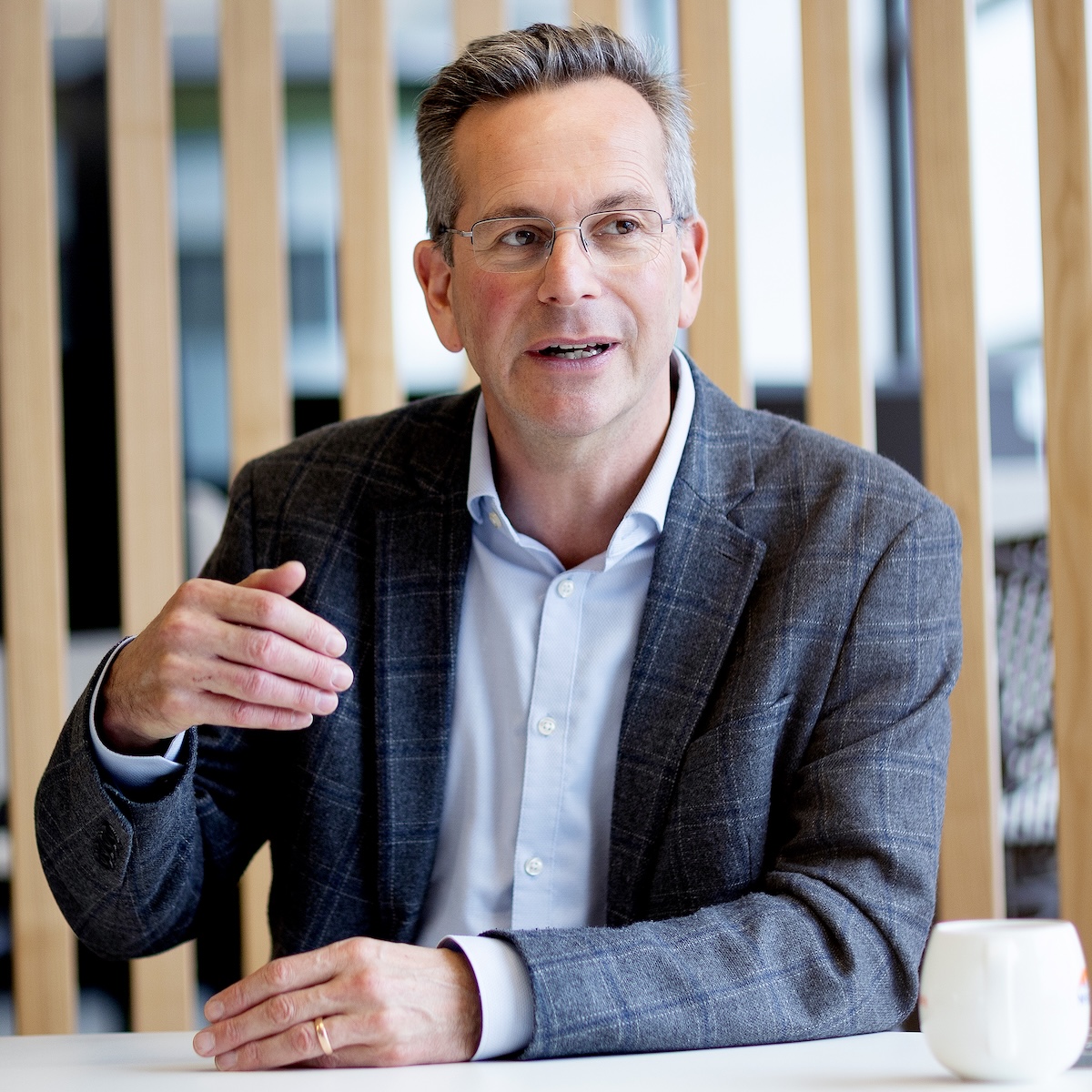
A particular passion for Daniel Elkeles, a Cambridge history graduate, is rewarding low paid staff in the NHS. “We rely on a huge number of relatively low paid people to deliver a huge amount of care or to provide support services to enable other clinicians to provide care,” he says. “You can’t run the NHS without them—they are simply essential.”
As chief executive at Epsom and St Helier’s University Hospitals, and later the London Ambulance Service (LAS), he started the process of integrating thousands of staff who had been outsourced or were working for private companies into the NHS team. “It felt that the thing we could best do was bring them onto Agenda for Change and into the NHS properly,” he recalls.
At LAS, this couldn’t be done in one go, so Elkeles agreed a three-year transition with unions. “I think we created something really special. It was not perfect when I left, and there have been loads more work done in the last few months. But I think we did the right thing.”
Many NHS trusts are now providing support services through wholly owned subsidiaries 0r ‘SubCos’, employing staff on different terms and conditions and frequently without access to NHS pensions. Here, Elkeles’s view differs from ‘corporate’ view of his employer. NHS Providers, stressing the tough financial environment providers are working in, has been generally supportive of SubCos, which also offer tax advantages to trusts.
“My personal moral view is that if someone is working for the NHS, even through a SubCo, then they should have full access to NHS terms and conditions and the pension,” he says. In the past, competitive tendering led to a “lowest common denominator” approach and undermined people’s terms and conditions. “You have a second class set of people and you are perpetuating inequalities and poverty, because very often they have to rely on benefits,” he adds.
“All of that feels rather unfair and morally wrong,” he concludes. “The public sector should be a beacon and exemplar employer.” | AM
“Do we have a talent pipeline which works for everyone in the NHS? Not really,” says Elkeles. “This new membership body would represent every employer in the NHS, apart from the Department of Health. Is there a role it could play in leadership development?”
Those themes will be explored in the next few months, he says. “People are saying they want to keep the best of what they got from both Confed and Providers—and do some things a bit better.”
Both organisations have long sat in a twilight zone, representing the concerns of organisations but also working closely with NHS England and the Department. So how does he see the new organisation positioning itself?
“It’s really important that it is not part of the infrastructure of the NHS—then you lose your legitimacy to be the voice of members,” he says. “You have to be constructive, and you have to have solutions, and solutions that are based on reality… it feels to me that then you are adding a lot of value for everybody.”
- Alison Moore is a freelance journalist and a regular correspondent for Healthcare Manager and the Health Service Journal.
Related Stories
-
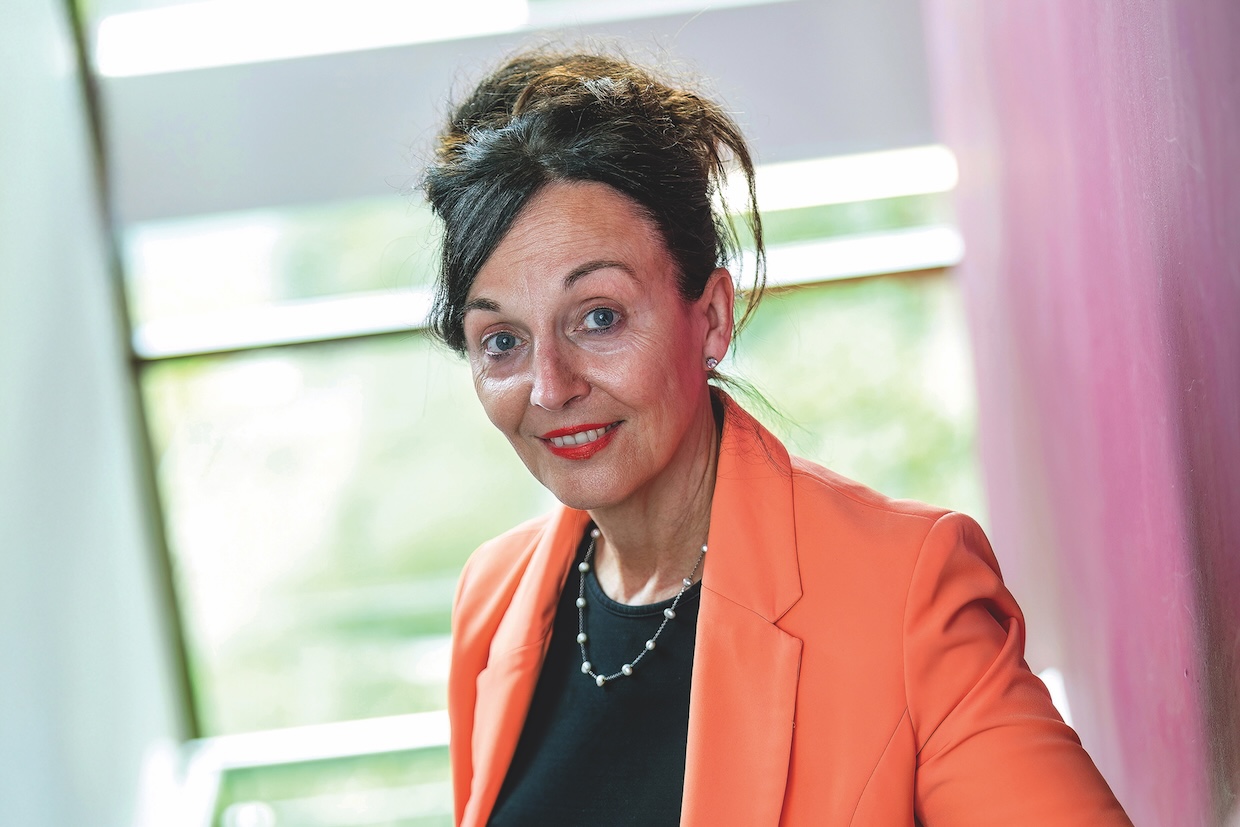
Angela Hillery: “Nobody can do this on their own”
Angela Hillery, chief executive of community trusts in Northamptonshire and Leicestershire, is one of England most influential NHS leaders and a pioneer of collaborative working. She talks to Craig Ryan about why integrating services offers the best chance of overcoming a hostile environment and turning the NHS around.
-
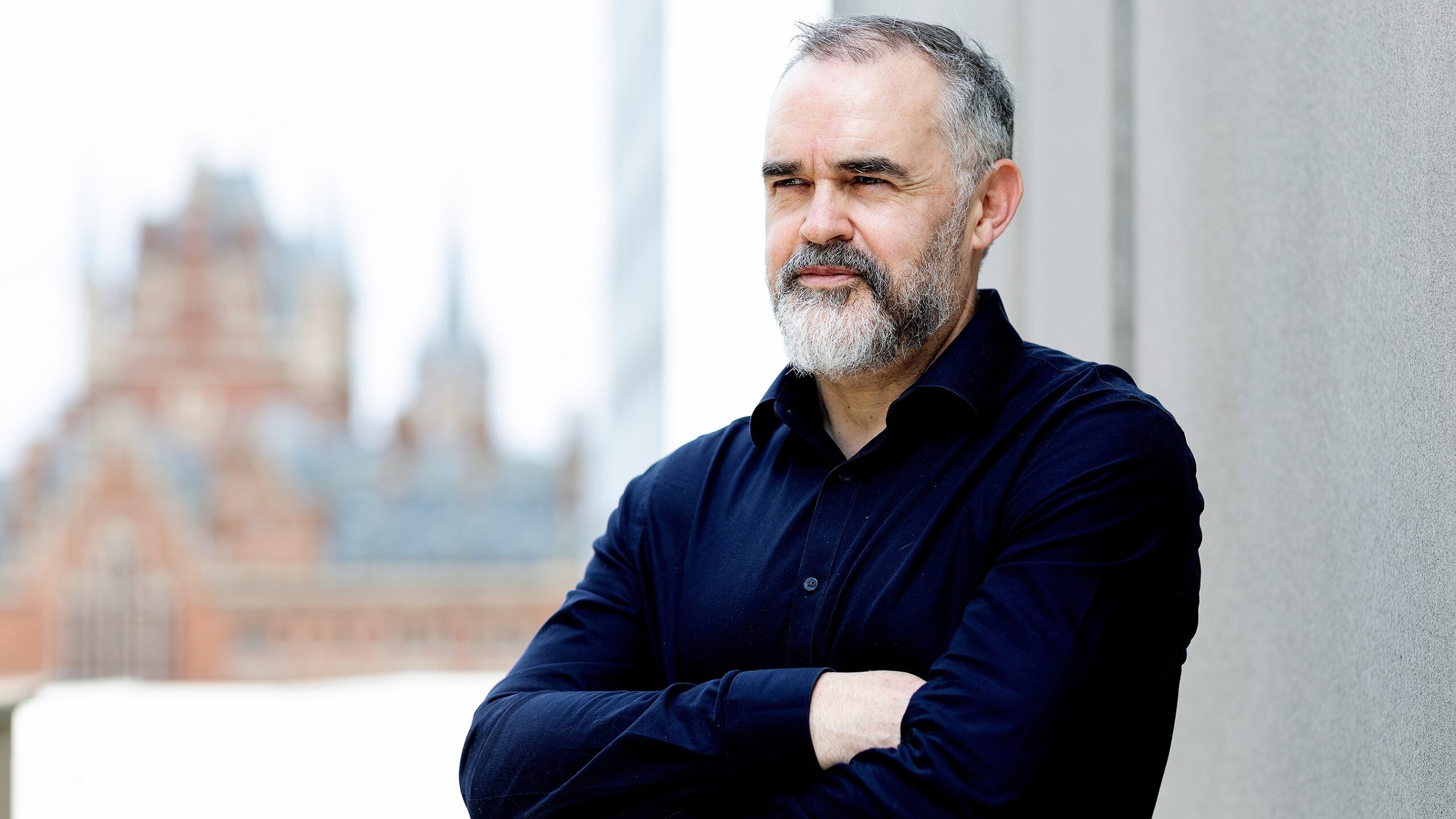
We’ve given NHS management a home – we care for it and campaign for it
MiP is 20 years old this summer and its chief executive, Jon Restell, has been there since the beginning. He reflects on the union’s past, present and future in conversation with Healthcare Manager editor Craig Ryan.
-
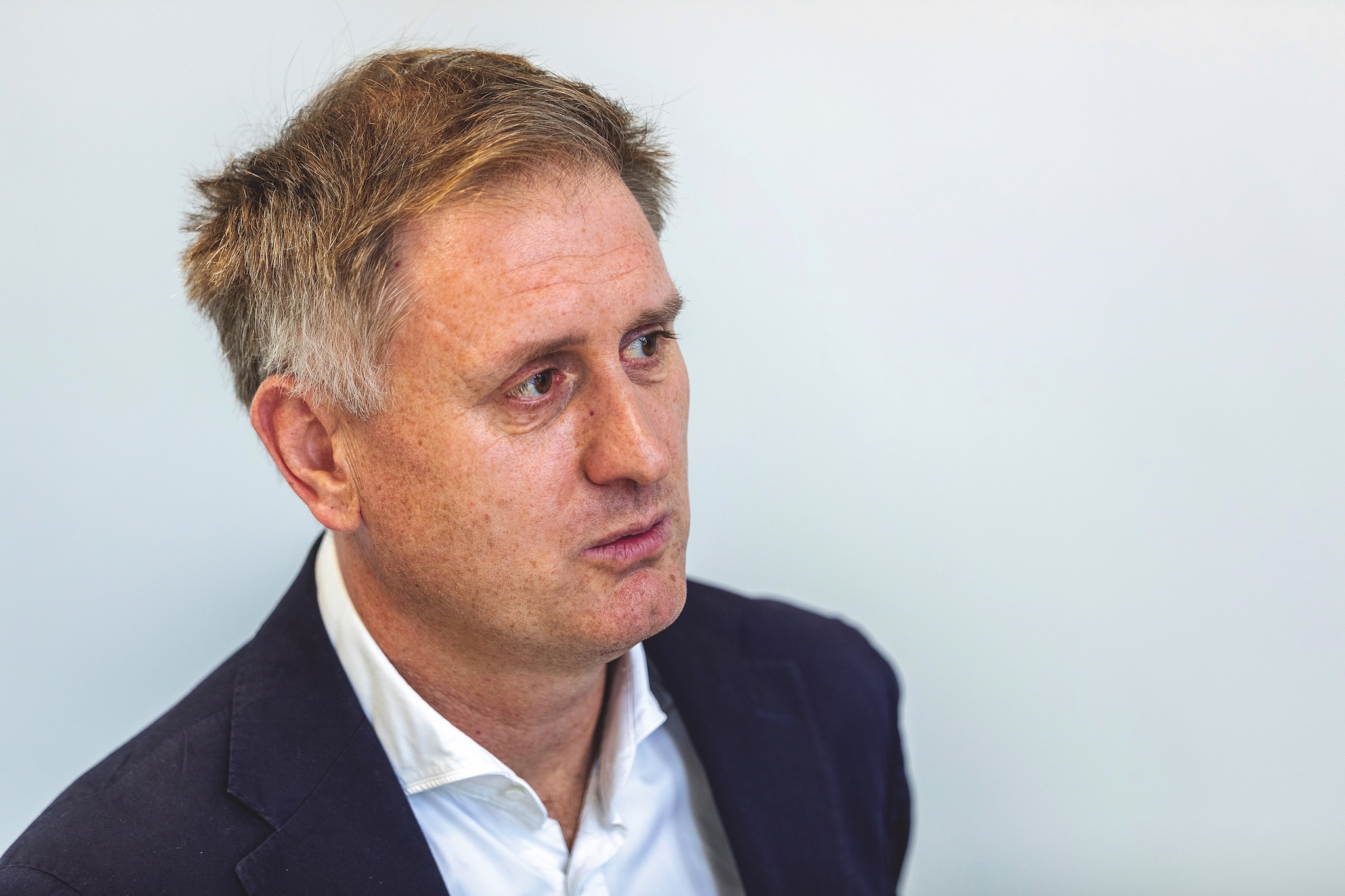
“Showing kindness and trust creates a virtuous circle – people respond well to that”
As chief executive of Suffolk and North East Essex, one of England’s most highly rated integrated care boards, Ed Garratt has pioneered a radically different approach to leadership – one based around kindness, trust and putting down deep roots in local communities. He talks to Healthcare Manager’s Matt Ross.
Latest News
-

Government proposal for sub-inflation pay rise “not good enough”, says MiP
Pay rises for most NHS staff should be restricted to an “affordable” 2.5% next year to deliver improvements to NHS services and avoid “difficult” trade-offs, the UK government has said.
-

Unions refuse to back “grossly unfair” voluntary exit scheme for ICB and NHS England staff
NHS trade unions, including MiP, have refused to endorse NHS England’s national voluntary redundancy (VR) scheme, describing some aspects of the scheme as “grossly unfair” and warning of “potentially serious” tax implications.
-

Urgent action needed retain and recruit senior leaders, says MiP
NHS leaders are experiencing more work-related stress and lower morale, with the government’s sweeping reforms of the NHS in England a major factor, according to a new MiP survey.